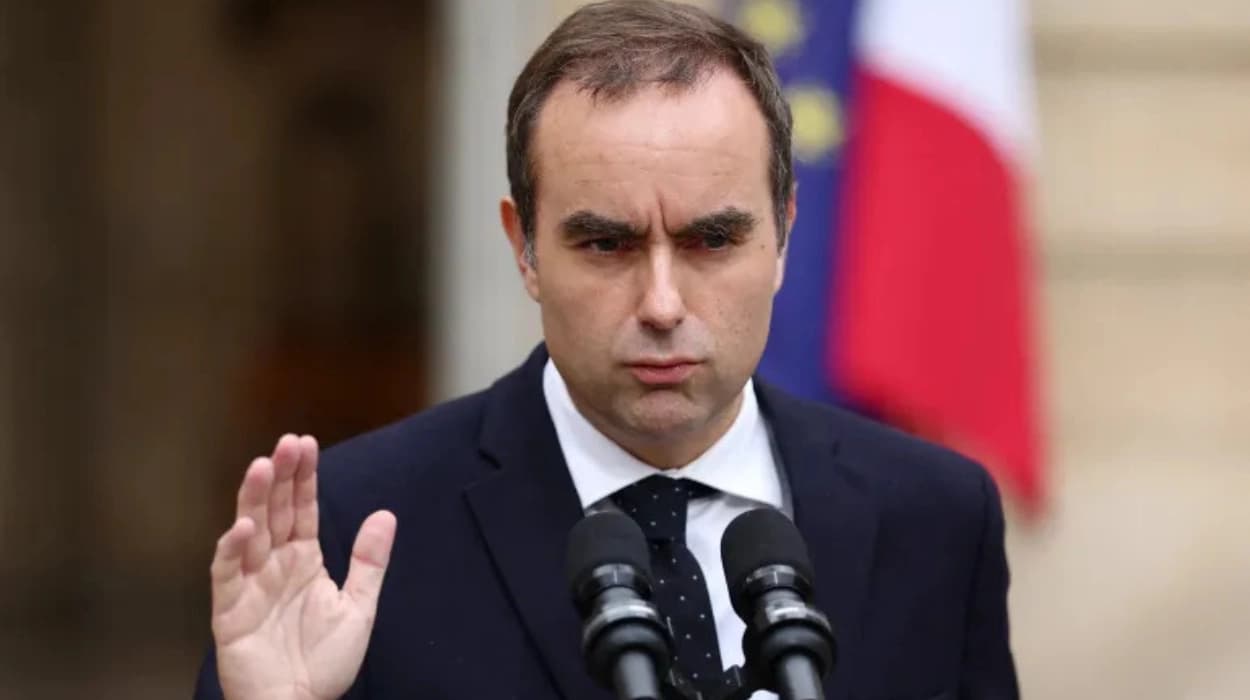France’s embattled prime minister
Sébastien Lecornu backs suspending pension reforms until after the 2027
election to ease months of political unrest and public anger.
In an attempt to get enough votes to withstand two no-confidence votes, Prime Minister Sebastien Lecornu, 39, declared on Tuesday that he is in favor of halting an unpopular change that increased the retirement age from 62 to 64.
“I will propose to parliament this autumn that we suspend the 2023 pension reform until the presidential election. There will be no increase in the retirement age from now until January 2028,”
he promised lawmakers during his policy speech, responding to a key request from the Socialists, a swing group in parliament crucial to his cabinet’s survival.
Raising the retirement age was a landmark economic reform passed into law by President Emmanuel Macron. This became the largest internal challenge of Macron's second term, as he faced declining personal popularity and strong public opposition to the measures.
In 2023, hundreds of thousands of people nationwide demonstrated against the shift in towns and cities.
Since taking office as prime minister in early September, Lecornu has had a difficult time.
The nation's long-running political crisis worsened when he finally resigned from the position in early October. Last week, Macron reappointed Lecornu as prime minister.
The far-right National Rally and hard-left France Unbowed groups have filed two motions of no-confidence against Lecornu. The prime minister may be overthrown if the Socialist Party teamed up with them, but neither party has enough seats to overthrow Lecornu's administration on its own.
The National Assembly's Socialist leader claimed that the left had won the decision to halt the pension reform.
The Greens party in France will back a resolution of no-confidence, Cyrielle Chatelain stated Tuesday.
Macron had threatened to dissolve parliament and hold elections if Lecornu's administration was overthrown in a vote earlier on Tuesday.
As Lecornu struggles to keep his cabinet in place long enough to approve an austerity budget by the end of the year, France, the second-largest economy in the eurozone, is experiencing severe economic unrest. In a speech on Thursday, he cautioned that the cost of postponing the pension reform should be offset by savings, since it would be approximately 400 million euros ($464 million) in 2026 and 1.8 billion euros ($2.1 billion) the following year.
After Greece and Italy, France has the third-highest debt-to-GDP ratio in the EU, and it is nearly twice as high as the 60 percent threshold set by EU regulations.
What are key highlights of the delay of pension reform?
Lecornu delivered a message to
parliament that there will be no rise in the retirement age until January 2028,
in effect pausing the reform for almost 2 years.
The purpose of the suspension is to ease political tensions and mass public demonstrations sparked by the reform, which would have taken place in 2023 with no parliamentary vote, but instead was passed using a constitutional mechanism.
Lecornu's comments are also partly aimed at getting the Socialist Party to support the parliamentary process and the government going forward, as the Socialists' support would be critical ahead of forthcoming no-confidence votes.
The government is expected to incur costs of €400 million in 2026 and an additional €1.8 billion in 2027 as a result of pausing the reform, costs which Lecornu said would need to be covered by alternative savings.
